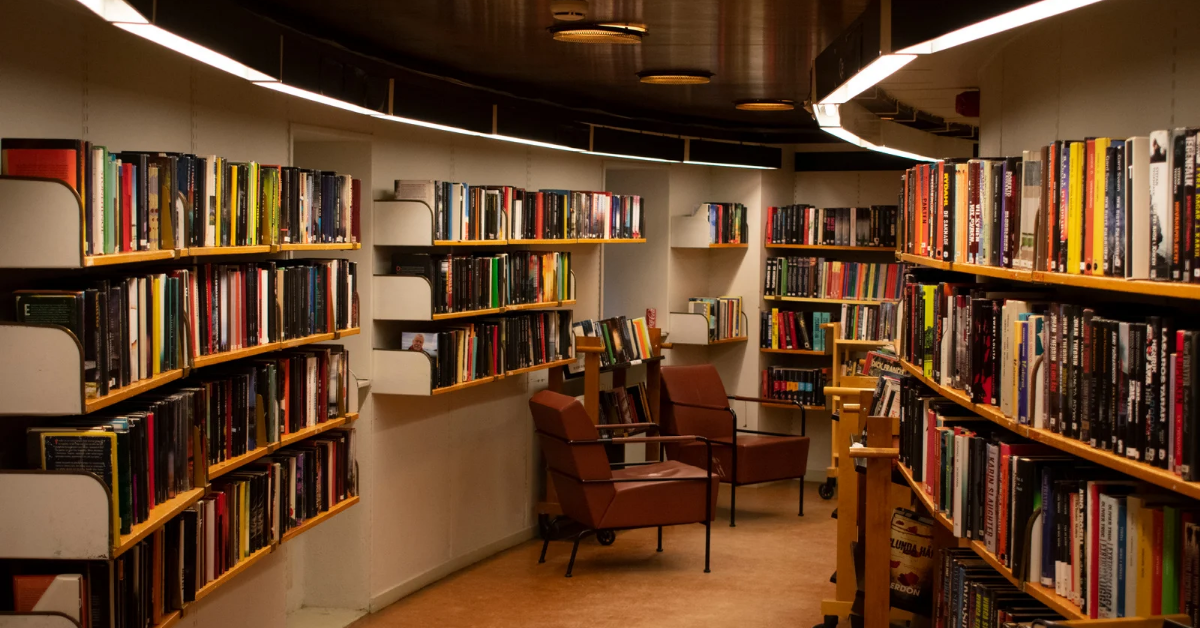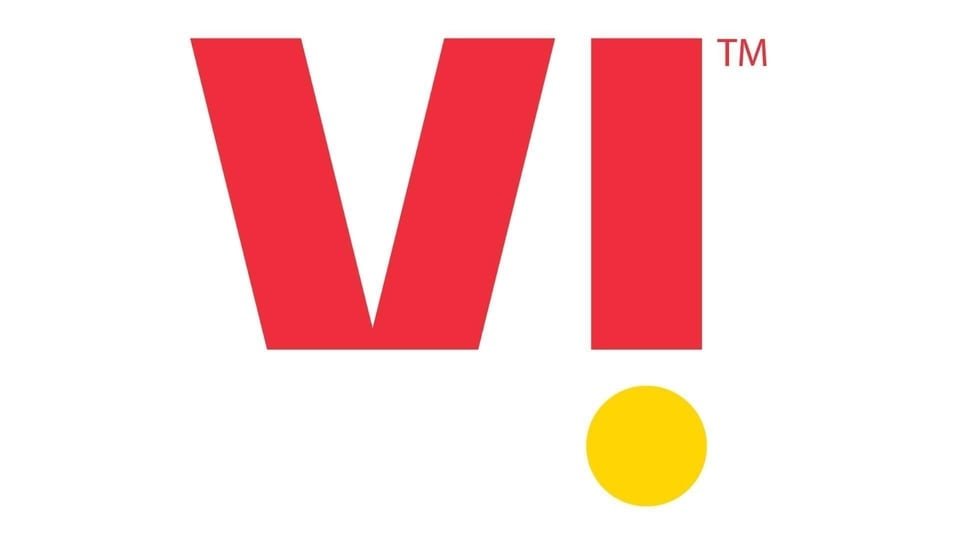Academic freedom stands as a pressing in today’s India, central to public discussions about higher education. Heightened government meddling, ongoing political pressure, and a wave of ideological restrictions on teaching and research have significantly impacted universities and academic institutions. This has directly resulted in the decline of critical inquiry, an essential component of a lively educational system.
Academic freedom encompasses the liberty to explore, teach, choose educators, decide on curricular content, conduct research, and share findings without interference or censorship from outside forces, including the government. It includes the right to dissent and express both individual and collective opinions on public matters within and beyond higher education institutions. The UN’s Special Rapporteur on the right to education views academic freedom as a “fundamental right, not a professional privilege restricted to educational staff or conventional entities like universities.”
This freedom is crucial for knowledge creation. It encourages independent thinking, rationality, a scientific mindset, and, on a wider scale, supports diversity. Academic growth and intellectual debate thrive on education that offers varied perspectives, respects expertise where needed, and provides a robust language to effectively describe reality.
Globally, right-wing governments often employ similar tactics, including employing populist rhetoric that undermines intellectual endeavors. This may involve glorifying a romanticized past, transitioning into anti-intellectualism, a core principle of these regimes. In India, the effects of intolerance and anti-intellectualism are clear from determined efforts to instill a specific political narrative in higher education institutions.
Corporatised Academia and Compromised Critical Thinking
A major threat is the shift towards neo-liberal corporate control of academia. This happens despite India needing more public education funding, greater autonomy for inclusive education, and environments where students can think, speak, and question freely without being labeled as ‘anti-national’, ‘seditious’, or other derogatory terms that have entered the divisive political sphere.
What India does not need is a public debate that downgrades education, expertise, and discourse, restricts resources, or places hurdles in educational functions. This anti-intellectual stance is bolstered by fake news and trolls that vilify critics and praise the leadership and its ideological biases. This leads to a distortion of truth, maintained through the normalization of irrationality and prejudice.
Declining Academic Freedom
The erosion of academic freedom is not exclusive to India; it faces threats worldwide, notably in American universities. With new hate speech regulations and protest restrictions following the events in Gaza, universities have become more stringent in response to disruptions in 2023-24.
Constraints on academic freedom are now widely accepted. The Trump Administration’s actions against Columbia University, where support for Gaza was protested, are revealing. Such actions threaten its autonomy and could lead to a loss of academic freedom, normalizing government interference in education matters.
Elsewhere, like in Hungary, the Central European University was pushed to move to Vienna in 2019 after laws were passed by Prime Minister Orban’s government, effectively banning it from Budapest. Similarly, post-2016 coup attempts in Turkey saw widespread academic crackdowns. Thousands of academics lost their jobs, and universities linked to the Gülen movement were closed. These measures are seen as attacks on academic freedom, part of broader efforts to control educational institutions.
In India, the current government, in power for more than a decade and commanding more Parliamentary seats than previous coalition governments, is intolerant of dissent. This intolerance stems from acknowledging that despite three successive election victories, its control over thought is incomplete. This compulsion to control affects academic institutions as well as the judiciary and media, leading to increasing threats against free speech, digital rights, and rising online harassment.
As a result, academic freedom is under unprecedented pressure, mirrored in India’s falling rank in the Academic Freedom Index from the Varieties of Democracy (V-Dem) Institute, based at the University of Gothenburg, Sweden. It analyzes academic freedom across 179 countries, including India.
In 2022, India scored 0.38 out of 1. The 2024 update, out in March 2025, shows a further drop, placing India among countries with “completely restricted” academic freedom. This follows the trend of declining global press freedom rankings, contrasting sharply with past traditions of fostering independent thinking.
Ideological Constraints on Academic Freedom
Over the last decade, the urgency of academic freedom issues has increased due to India’s political shift to the right. Its impact is evident in greater state interference, which is openly ideological and partisan. While not new, academic freedom was restricted before 2014, notably in state universities and colleges. Academic norms weren’t always upheld, and educators were cautious about their teachings or writings.
As the Indian National Congress lost dominance in the late 1960s, it became more unprincipled and interventionist. However, the current severity of threats is unprecedented, unlike past instances. Except for the 1975-77 Emergency, there were few cases of monitored seminars, scrutinized research, or disciplinary actions against academics for their views. Faculty generally taught without fear and conducted research, spoke, and published freely. Although political influences in faculty recruitment were sometimes alleged, universities generally enjoyed autonomy in internal matters.
Today, the government actively tries to impose its views on academic institutions, politicizing leadership, faculty appointments, curricula, and undermining institutional sovereignty, alongside restricting academic freedom.
READ ALSO – Vodafone Idea’s Satellite Ambition: A Strategic Move for Survival and Growth
This was evident when the University Grants Commission (UGC) Secretary sent a letter in 2022 urging lectures on “India: The Mother of Democracy” for Constitution Day, marking 75 years of Independence. The Prime Minister referred to India as the ‘mother of democracy’ in a speech, citing historical democratic ethos from Hindu texts.
Consequently, the state is accused of dictating educational content and teaching methods, particularly in public universities. Although public universities are directly affected, private institutions also self-censor to avoid government conflict.
The urge to control major institutions began early in the current government’s tenure, which is now in its third term. This can be traced to the 2016 Jawaharlal Nehru University (JNU) protests, barely two years into its first term. JNU, known for progressive ideas challenging mainstream power ideologies, was targeted to signal dissent is unwelcome. It aimed to curb critical thinking and silence opposition.
Moreover, research and doctoral positions have decreased in various institutions. Supervisors lost control over research topics, with universities prescribing government-favoring subjects. The South Asian University controversy highlights this vulnerability: In July 2024, a senior faculty member resigned after a scholar included Noam Chomsky’s quote about a political leader in his doctoral proposal, prompting the scholar to withdraw in March 2025. Such incidents raise concerns about maintaining independent spaces for ideas without censorship. Important books excluded from syllabi on non-academic grounds further illustrate this.
Faculty at Central universities risk trouble for protesting or speaking against government policies, potentially facing pay and pension freezes. In July 2018, 48 JNU faculty received show cause notices for protesting the Vice-Chancellor’s policies, invoking Central Civil Services Conduct Rules against anti-government activity or political associations. JNU’s Teachers Association warned this threatens their “freedom to dissent.” Many retired faculty, denied pension and benefits, sought legal justice, with many still awaiting fulfillment.
Examining Academic Discussions
Guidelines set by the Union Ministry of Education in 2021 specified that all online academic gatherings or conferences held at or involving government-funded institutions required advance approval and registration with the Ministry of External Affairs. These gatherings weren’t allowed to discuss domestic issues, sensitive topics, or national security matters. However, the directive was later rescinded due to protest from scientists and scholars.
University administrations frequently take action against organizers after the fact, as seen with seminars at Ramjas College, Delhi University, and other institutions in Jodhpur, Bhopal, Lucknow, and elsewhere. Since November 2023, IIT-Bombay has banned teachers and students from organizing events perceived as political without approval. Cancellations also occur when Hindu rightwing affiliates aggressively object to events.
The Times Higher Education Supplement (London) noted some scholars felt a sense of being monitored based on their involvement in activities like signing petitions. After openly criticizing government policies, some academics were called in for meetings with university officials. One such academic reported feeling warned to be cautious about the causes she supported.
An incident in Kolhapur in 2013, where a teacher told new undergraduates that serious crimes could be committed by anyone irrespective of religion, shows the link between intolerance and anti-intellectualism. This took a damaging turn when a manipulated video circulated. She was pressured to apologize, which she refused, and reportedly had to work from home until things settled down. Incidents like these undermine universities as independent places where free speech and idea exploration are essential.
Student activism also faces obstacles. Restrictions on student protests have been implemented at places like JNU and SAU. JNU has limited protests near academic buildings, while SAU required students to commit to not participating in protests. Non-political students and intellectuals, especially Muslims, who supported or opposed the removal of Article 370 or the 2019 Citizenship Amendment Act were labeled ‘anti-national,’ arrested, and detained without trial. In October 2023, over 200 students from JNU, Jamia Millia Islamia, and the University of Delhi were detained for a pro-Palestine protest outside the Israeli embassy.
Structural Challenges
Public universities in India allow individuals from diverse socio-economic backgrounds to access higher education. Because of public universities, more people are enrolled in higher education, and reservations have changed the class, caste, and gender mix of students, making it more diverse than before. These institutions are the main places where different social groups interact under relatively equal conditions. This social diversity has brought new ideas to campuses.
Nonetheless, there is a growing trend towards private education. Instead of increasing funding for public universities, overall higher education funding has decreased, alongside a rise in private institutions focusing mainly on areas like engineering, medicine, and management. These private universities often exclude those from less affluent backgrounds.
Economic Liberalisation and Majoritarian Politics
The expansion of economic liberalisation and majoritarian politics is expected to shift Indian education’s direction. Higher education is now following a path influenced by both neo-liberalism and Hindutva. The New Education Policy (NEP) supports these trends, pushing for significant education privatization, which will likely make it too costly for socially and economically disadvantaged individuals.
The Parliamentary Standing Committee of the Ministry of Education’s report in January 2025 noted the government’s withdrawal from public education and the increasing privatization of higher education. It attributed the rise in ‘temporary’ university teacher appointments and contractual jobs to neo-liberal policies. Many academic posts, especially in institutions under the Union Government, now favor contractual workforces. This move towards short-term contracts stems from the government’s retreat from public education.
The Standing Committee also expressed concerns about the draft Higher Education Commission of India (HECI) Bill, aiming to replace the UGC as the sole regulator, suggesting it would remove state control and boost privatization, particularly in rural areas. A significant effect would be more central control over higher education, with centrally created syllabi and a centrally administered entrance test for admissions, with states having minimal input.
Dwindling Democratic Spaces
My own institution, JNU, was originally a pioneer of academic autonomy, with democratic participation from both teachers and students, starting with the student-faculty committee in each Center. This democratic structure allowed for consensus building within the university, from individual Centers to the School and up to the University level. Unfortunately, centralization has compromised these decentralized democratic processes.
The structural issue of academic freedom worsened with key academic and administrative roles filled by individuals aligned with the ruling party. Although appointees were sometimes politicized before 2014, they usually had some professional achievements. Now, however, many appointed show little in terms of academic credentials.
Education, listed under the Concurrent List of the Constitution, is experiencing increased central control. This shift influences the selection of Vice Chancellors, faculty recruitment, and other university functions. The UGC’s draft regulations for 2025, about appointing and promoting teachers, highlight this centralization and sparked debate due to its constitutional oversights and disregard for state roles.
An example is how the Vice-Chancellor selection process has changed. The Search cum Selection Committee now includes nominees from the Visitor/Chancellor, the UGC Chair, and the university’s apex body or Syndicate. The Committee’s Chair, formerly a state nominee, is now a Visitor/Chancellor nominee, diminishing the state government’s role as two of the three members, including the Chair, are effectively Union Government appointees.
Moreover, guidelines allow individuals with no academic background to lead universities, permitting political appointees of the Union Government outside academia to be Vice-Chancellors. Both universities and state governments, despite funding state universities, no longer have a role in these selections, paving the way for political allies to fill these positions at the cost of state and university autonomy.
Neglect of Humanities and Social Sciences
Another sign of the anti-intellectual trend is the deliberate reduction in focus on Humanities and Social Sciences. These subjects are regarded as less important, based partly on their perceived lack of economic utility, but also as they are seen to encourage critical, independent thinking, potentially posing challenges to university administration. These disciplines allow for critical reflection essential to democratic societies, which cannot solely be offered by a system focused on economic skills alone. Philosopher Martha Nussbaum notes that de-emphasizing liberal arts weakens democratic citizenship, as a healthy democracy needs independent, creative thinkers who resist arbitrary authority.
Rewriting History
Unlike the wider Humanities, History is not being neglected under this government. Redefining history is a key aspect of promoting a singular ideology in education, emphasizing Vedic heritage at the expense of India’s diverse and syncretic past. This pushes a narrow, exclusive view of Indian history and culture, challenging the country’s social diversity and traditional political plurality.
The current goal of Hindu consolidation contrasts sharply with historical writings of India that historians like David Kopf noted avoided nationalism. There’s an ongoing effort to craft history from administrative directives, drawing from mythology and religious texts, while claiming conservative icons from nationalism to compensate for their absence in the freedom struggle.
Finally, diminishing academic freedom jeopardizes democracy itself. The right to hold differing views and express dissent, central to both democracy and the pursuit of knowledge, is under threat. These restrictions reflect a broader decline in free speech in recent years.
A working democracy goes beyond election and voting rights protection, relying on open information flow, free inquiry, and meaningful public discourse—all crucial to knowledge and progress. These aspects are increasingly endangered, affecting university and research institution autonomy.
Resistance to Anti-intellectualism
Despite intense pressures, the academic community in India has not fully conformed. While some academics now endorse views they previously did not publicly support, many still resist the pressures of majoritarian politics, continuing to engage with topics deemed uncomfortable by current authorities.
This resistance often appears as both collective and individual actions against state policies seen as unacceptable. Notably, these protests concern not just job-related causes but also broader issues threatening India’s constitutional values. For instance, certain academics from a private university near Delhi resigned in protest against constraints on academic freedom.
While these dissenting voices may not be widely seen, there remains significant critique and disagreement from the academic sector.
This essay is based on the author’s Keynote Address, “Democracy and Academic Freedom in India,” delivered at Loyola College, Chennai, on February 20, 2025. The article was first published on The Hindu Centre.
Zoya Hasan is Professor Emerita at Jawaharlal Nehru University, New Delhi, where she has served as a Professor of Political Science, Dean of the School of Social Sciences, and Advisor at The Hindu Centre for Politics and Public Policy.







